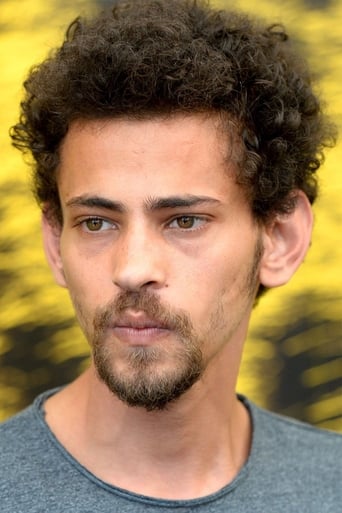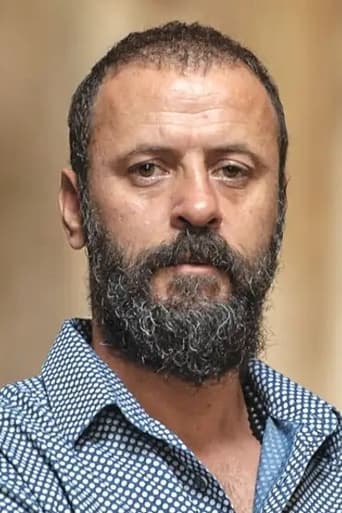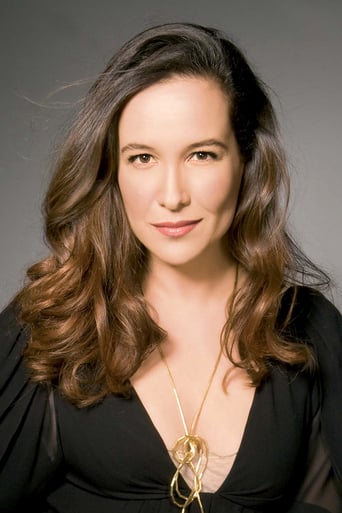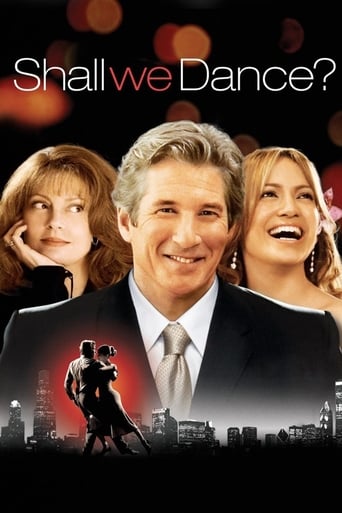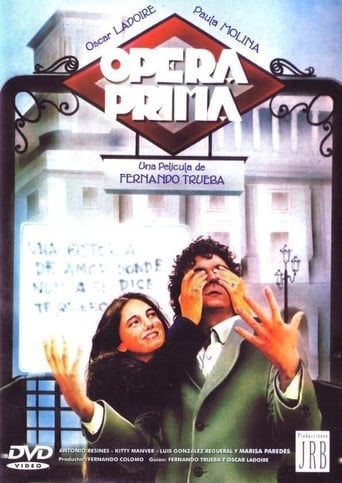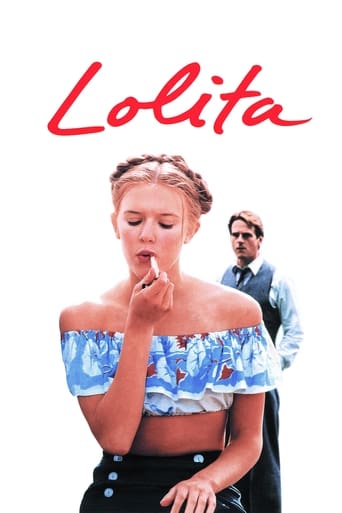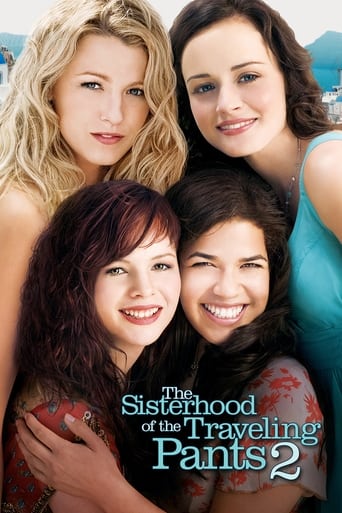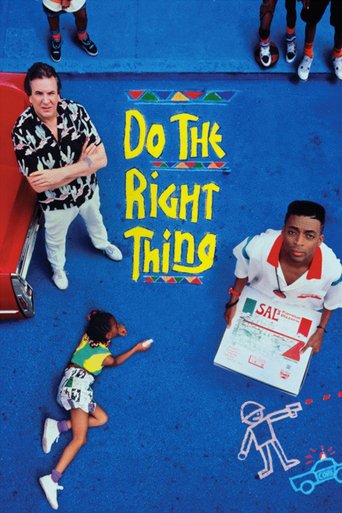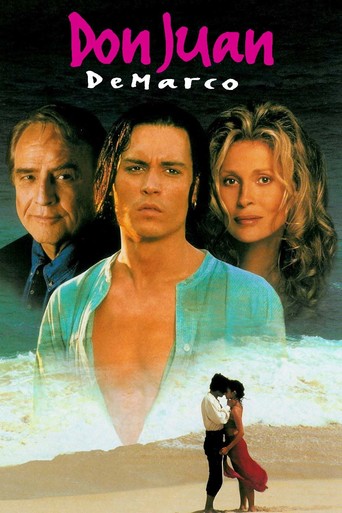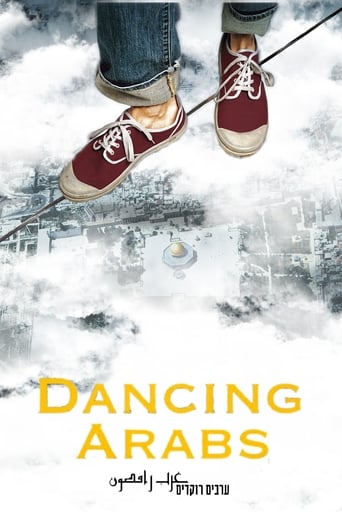
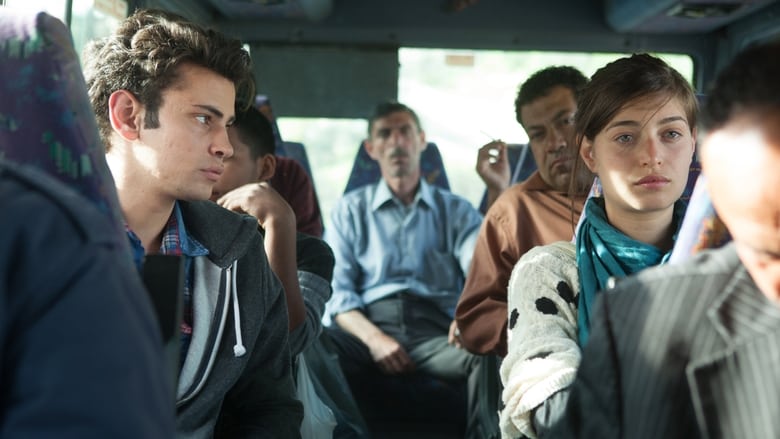
Dancing Arabs (2014)
A young Arab is caught between cultures as he is sent to a prestigious Jewish boarding school in Israel in the 1980s.
Watch Trailer
Cast
Similar titles


Reviews
Too much of everything
the audience applauded
best movie i've ever seen.
The acting in this movie is really good.
In my mind, this movie was well acted, but I just can't get over one major plot hole that for me turns this movie into a work of total make believe. Please read the other reviews for a recap of the story line. I understand Eyad borrows his friend Yonatan's identity so he can find a better job, and he does. Yonatan's mother discovers the "borrowed identity" and is okay with it.So far, even I am okay with it. But, people do not live totally in a bubble, especially in Israeli society. Yonatan's mom must have some other relatives who are concerned about her son's health. And even if there is not one relative, Israeli neighbors can be quite close. Not one neighbor inquires about Yonatan? Not one other classmate cares to ask about Yonatan. According to this movie, the mom and Eyad (now Yonatan) conspire to get Yonatan buried as Eyad. Yes, of course, I should have seen this coming. This Jewish mom allows her son to be buried as Eyad. No family members or neighbors attend, because the burial is not in Israel, it is in Fantasyland.I do want to say this movie does some good things. It looks at relationships and beliefs and family pressures both Jews and Arabs face. It shows Jews and Arabs do get along on certain levels. Some of the characters were a bit cartoonish for me, but others were done with compassion and thought. It is a difficult subject, but I simply cannot get past the permanent identity change and the burial scene.
The Israeli film "Dancing Arabs" was shown in the U.S. as "A Borrowed Identity." It was directed by Eran Riklis. The movie stars Tawfeek Barhom as Eyad, a Palestinian boy who is an Israeli citizen. Although his plight isn't as bad as a non-Israeli Palestinian, he is nonetheless a second-class citizen. (Palestinian citizens work in restaurants as dishwashers. Jewish citizens work as waiters.)Despite being Palestinian, Eyad is allowed to attend a prestigious Israeli boarding school. Naturally, he's the target of racial slurs, but he isn't physically injured, and he moves forward toward adulthood. As part of a class assignment, he meets Jonathan (Michael Moshonov), a young man who has progressive muscular dystrophy. He also meets an Israeli girl, Naomi, played by Daniel (Danielle) Kitsis. Naomi is intelligent and loving, but the question is whether their relationship has a future, because of their cultural and religious differences.The plot moves in unexpected directions, and the movie is emotionally powerful and gripping. The acting is excellent, and I think the plot represents a balanced picture of the Israeli/Palestinian conflict, as it plays out among individuals.We saw this movie at the Little Theatre in Rochester, as part of the highly successful Rochester International Jewish Film Festival. The film will work well on the small screen.
Eran Riklis in collaboration with gifted writer Sayed Kashua has brought to the screen a thoughtful and riveting film based on Kashua's 'Dancing Arabs'. Released in North America as 'A Borrowed Identity', it unfortunately is shown only in select art houses, to a limited audience. 'Borrowed Identity' has come on to the American scene at a time of racial and ethnic tension, which in the US context is a reflection of the strain in defining who and what a person is. Kashua's script is informed in the ongoing debate in Israel for its Arab citizens of what its means to be an Israeli, at a time of rabid Jewish nationalism: at a time when the degenerative Zionist elite dreams of expelling 20 percent of Israel's population, i.e., Arabs of the right of citizenship. 'A Borrowed Identity', in a Hegelian trope, in a rude dialectic informs us that the only way Eyad, a gifted Arab Israeli, can find complete fulfillment in Israel is to become a Jew by assuming the identity of Jonathan, his doppelganger, who dies after a long bout of muscular dystrophy, with the complicity of the deceased Israeli's mother. Riklis' film should strike a chord in America in the light of the Rachel Dozeal brouhaha, whereby a white woman passes as black. The connection is problematic? And the climate in the US is hardly welcoming for understanding the plight of Arab citizens of Israel, who, as it turns out, are 'les negres d' Israel'. There is nothing to fault in the probing eye of Riklis' camera. Yael Abecassis is as ever the embodiment of discernment as Jonathan's mother, the young Tawfeek Barhom has a shrewd understanding of the film's protagonist Eyad; he infuses his character with a delicate understanding of the transformation of what Hegel calls the alter ego and then becoming Jonathan. However the love angle is predictable, but creditable, and shows the limits of Israeli liberalism. Above all, the talents of Riklis and Kashua have produced a film worthy of prizes, which the hands of less talented artists would render 'Dancing Arabs' cartoon like if not soppy in sentimentality.
According to a 2013 census, 20.7% of Israel's population are Israeli Arabs, citizens of Israel who consider themselves Palestinian by nationality. The problems that arise from these conflicting allegiances are dramatized in Avram Riklis'("Zaytoun") film Dancing Arabs, a title that denotes those who have to straddle two cultures and "dance at two weddings." Based on the semi-autobiographical novel by Sayed Kashua (who also wrote the script), Dancing Arabs, known also as "A Borrowed Identity," was the opening film of the Jerusalem Film Festival in July 2014 and was scheduled to be released immediately, but was held back until now because of the war in Gaza.The film, however, is not designed to stir up ethnic animosity but is rather a heartfelt coming-of-age story that transcends cultural barriers. Set in Tira, a predominantly Arab city in the Southern Triangle near the West Bank, the film begins in the 1980s. Eyad (Razi Gabareen), a brilliant young boy is praised by his father Salah (Ali Suliman, "Flying Home") who recognizes his potential to achieve more than he did in his life. Salah himself attended university in Jerusalem but, after serving jail time because of political activity supporting the Arab cause, now works as a fruit picker. When the class is asked in school what their fathers do for a living, Eyad says repeatedly that his father is a terrorist and refuses to change his mind even when he is hit repeatedly on the hands by the teacher, demanding he say that he is a fruit picker. When Eyad (now played by Tawfeek Barhom, "Farewell Bagdhad") is of age he is sent to a Jerusalem boarding school where his experience of trying to fit in becomes the centerpiece of the film. As the only Arab among Jews, he is an outsider who must learn to speak a new language, study a curriculum weighted against the Arab point of view, and put up with teasing by bullies. His difficulty with language is suggested by a scene in which Eyad pronounces the name of a rock band "Deeb Burble," because, unlike in Hebrew, there's no "p" in Arabic. As time passes, things begin to improve. One of the best scenes in the film is Eyad's eloquence in a literature class, angrily pointing out Israeli literature's inherent bias toward Arab characters, a courageous statement that even wins the plaudits of some Jewish classmates. Further, when an attractive, free-spirited classmate, Naomi (Daniel Kitsis, "S#x Acts"), takes an interest in him, they begin a relationship that grows deeper in spite of its being frowned on by society and both sets of parents.As part of Eyad's community service requirement, he works with Yonatan (Michael Moshonov, "Policeman") a wheel-chair bound victim of Muscular Dystrophy who loves alternative rock and has a wicked sense of humor. Yonatan's mother Edna (Yael Abecassis, "That Lovely Girl") welcomes Eyad into her home not only for her Yonatan's benefit but because she genuinely likes him. Yonatan can relate to Eyad's feeling of being separate and apart from others, though the reason is very different. "Sometimes I forget you're an Arab," Yonatan says. "Me too," replies Eyad. "Don't worry," his friend responds. "Someone will always remind you." Dancing Arabs is not a political film and the Arab-Israeli conflict remains marginal, only occasionally referred to when Eyad's family, mother (Laetitia Eido, "Article 23") and grandmother's (Marlene Bajali, "The Syrian Bride") instinctively pull for Saddam Hussein in the 1991 Gulf War until they realize what he is up against. The film is basically about good people trying to make the most of a bad situation and the fact that they are so alienated from each other because of cultural and ethnic differences is a sad commentary on the lack of political will on both sides. While people may expect violence in a film that deals with ethnic conflict, here there are no grand dramatic gestures that turn children into martyrs, only constant reminders of everyday barriers to a sense of belonging. Even when Eyad learns the language, repeats the Jewish version of history in school, and strives to become a model Arab Israeli citizen, he is reminded every day at checkpoints and roadblocks of his being different. The political situation in Israel has deep-seated roots and we know not to expect the issues raised in the film to easily resolve themselves, yet Riklis leaves several threads hanging and insists on a forced resolution that does not ring true. While this is a regrettable choice, it does not detract from a truly fine effort.
